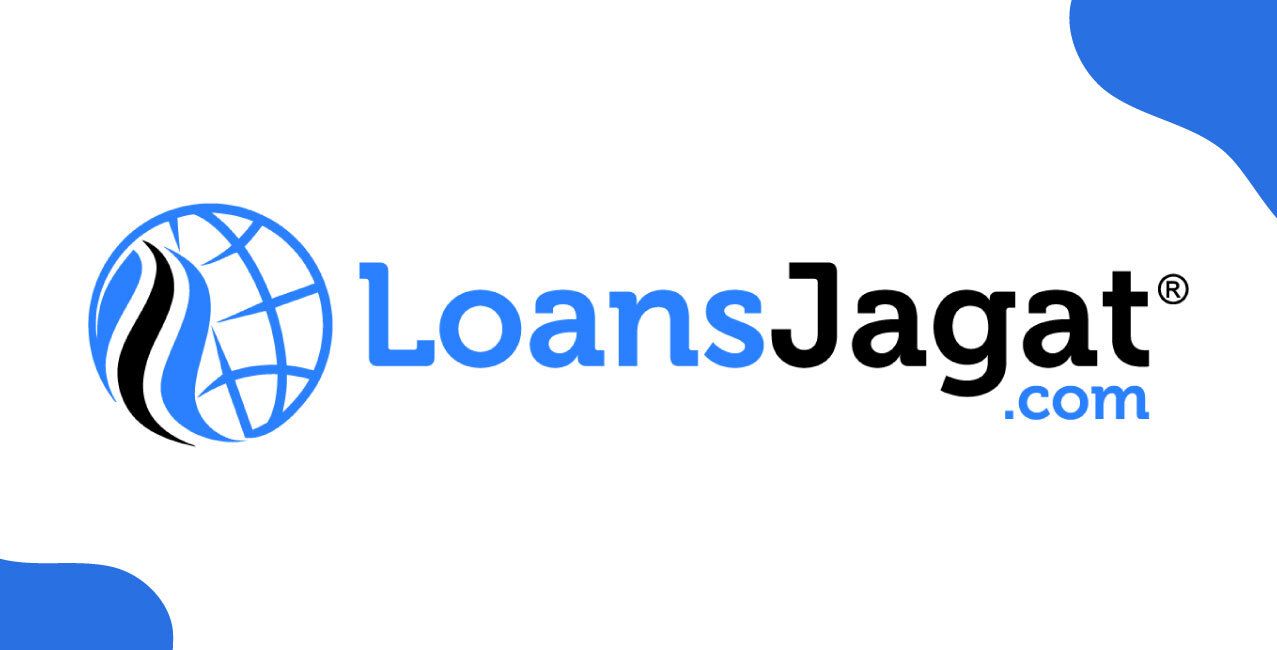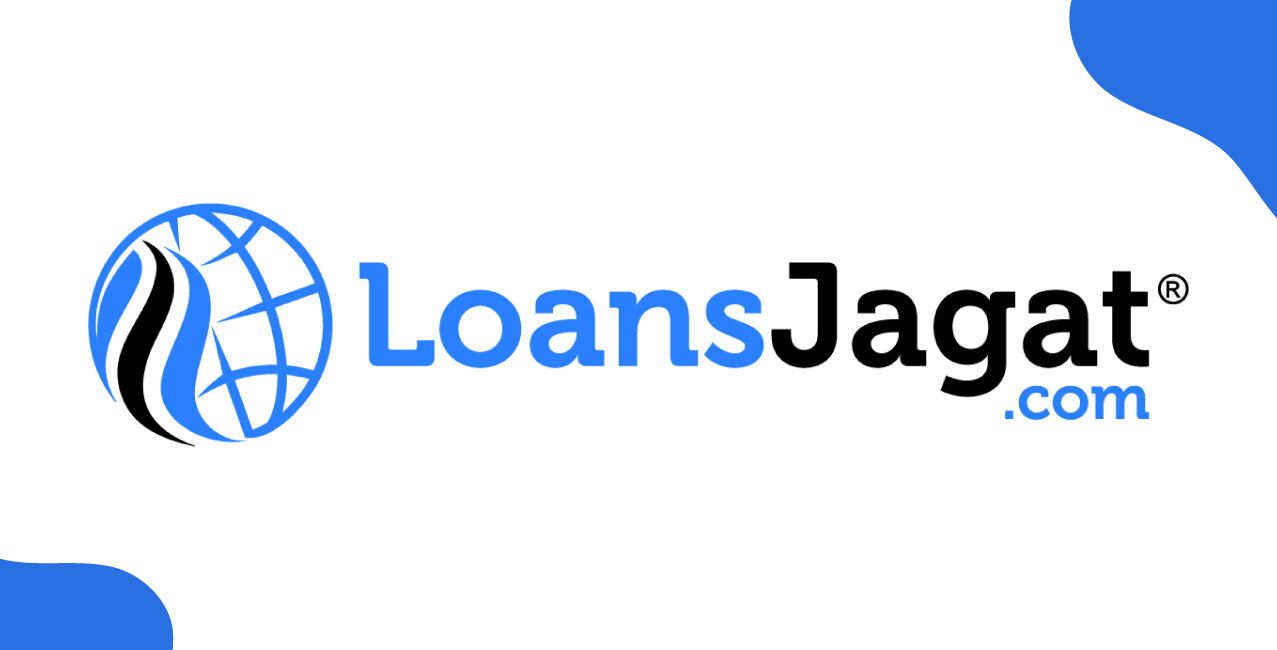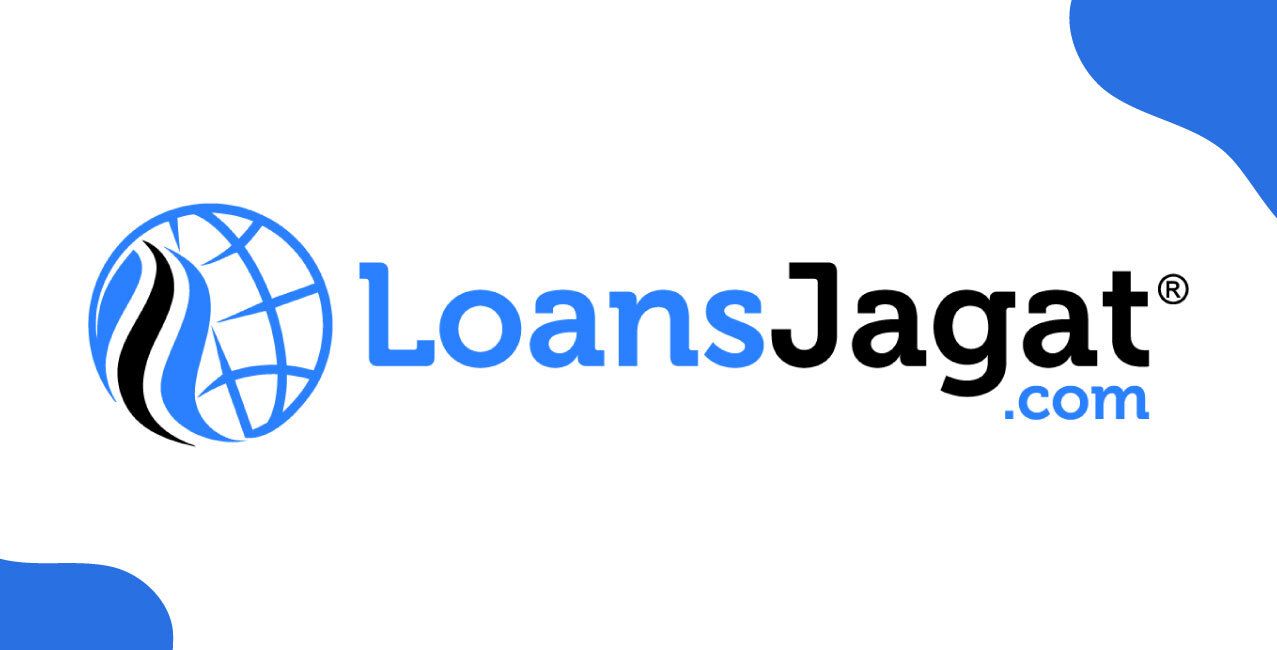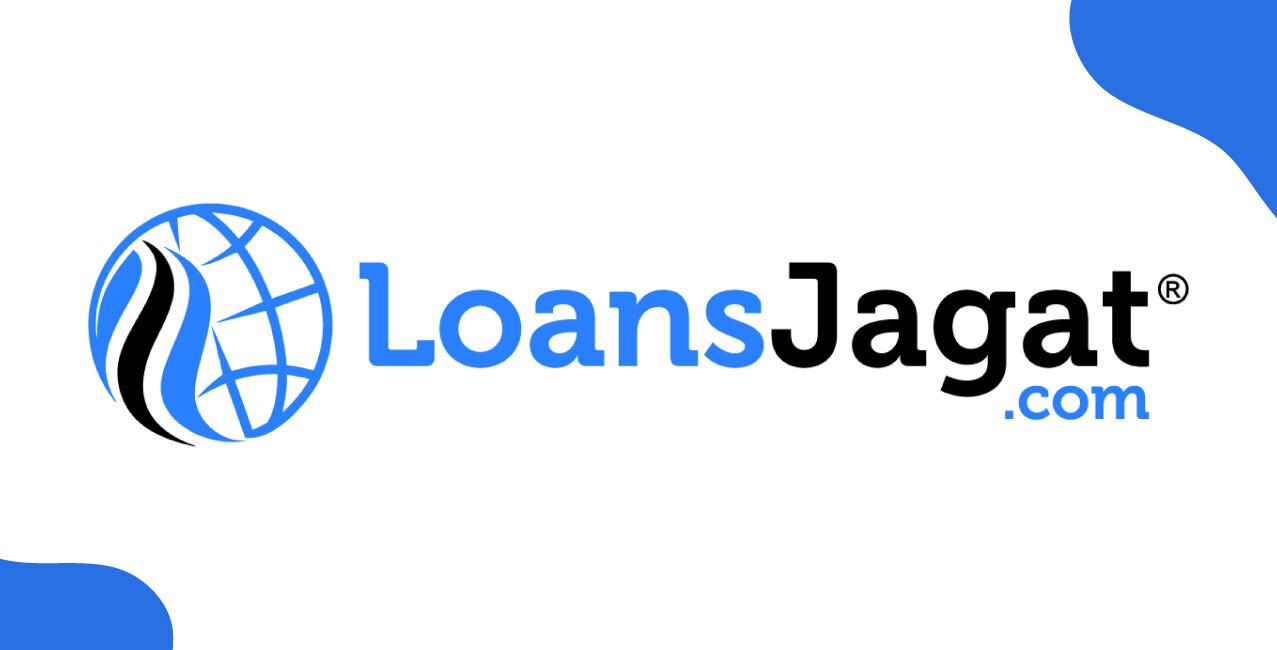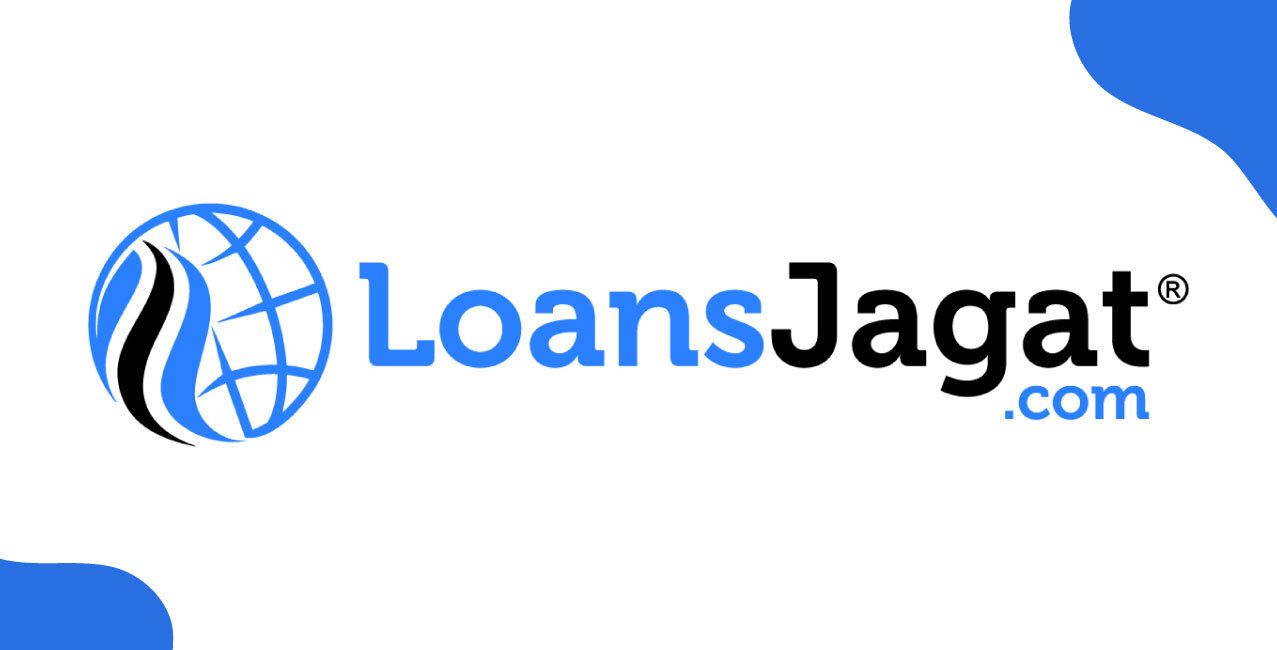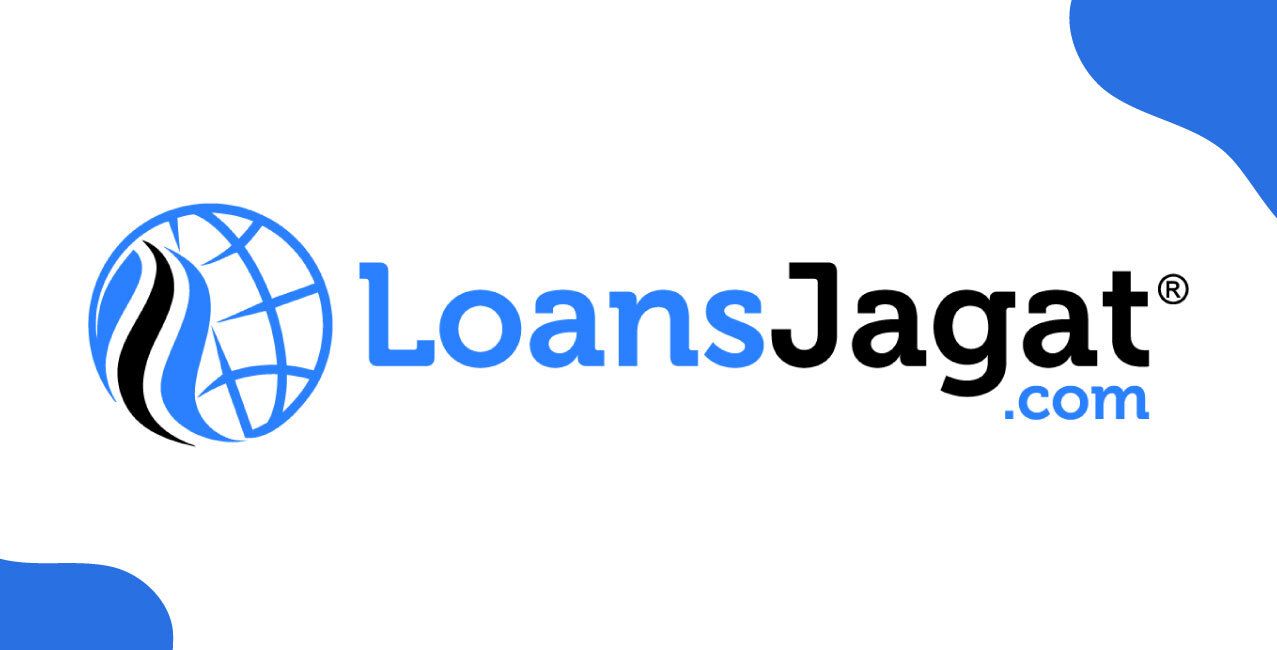Which Bank Offers the Best 1-Year FD Rates?
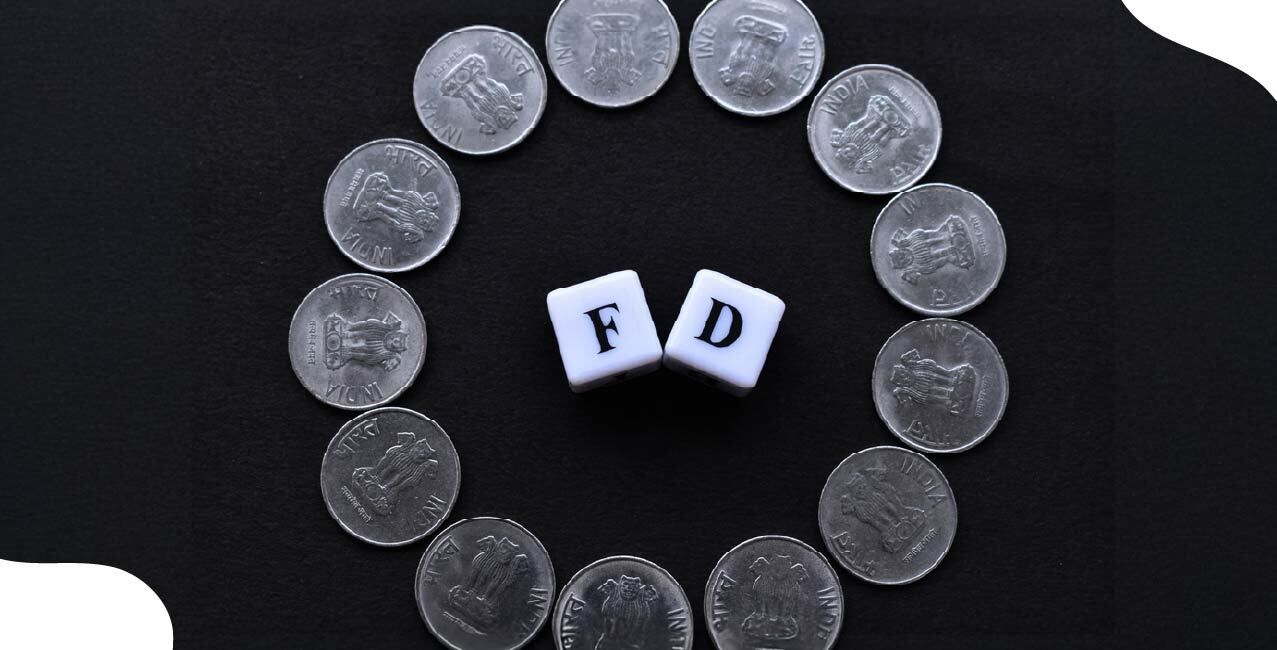
Check Your Loan Eligibility Now
By continuing, you agree to LoansJagat's Credit Report Terms of Use, Terms and Conditions, Privacy Policy, and authorize contact via Call, SMS, Email, or WhatsApp
Fixed deposits (FDs) are one of the most trusted investment instruments for Indian households. With guaranteed returns, simple structure, and capital safety, they continue to attract both small savers and large investors despite competition from market-linked instruments like mutual funds and equities.
Among all tenures, the 1-year FD holds special significance because it offers liquidity with a reasonable return, and investors can reinvest annually based on changes in interest rate cycles.
As of August 2025, several leading banks, including HDFC, ICICI, SBI, Federal Bank, and Kotak, have published revised interest rates on their deposit schemes. For general depositors, the rates range between 6.25% and 6.40%. For senior citizens, the interest rate on FDs goes up to 6.90%.
But which bank really offers the best deal? Let’s break down the numbers and analyse them in detail.
Current 1-Year FD Rates in HDFC, ICICI SBI, Federal, and Kotak Mahindra Bank
The one-year tenure is particularly attractive to investors seeking short-term assured income, especially in a fluctuating interest rate environment where the Reserve Bank of India (RBI) has kept repo rates steady to balance inflationary pressures. Banks usually pass on these policy rate effects by adjusting FD returns.
The table below shows the most recent 1-year FD rates offered by major banks:
(Rates effective as of June–July 2025)
This comparison highlights that Federal Bank is offering the highest 1-year FD rate at 6.40% for general depositors and 6.90% for senior citizens, making it slightly more attractive than the larger banks, which remain aligned at 6.25% and 6.75%.
Read More – Exploring High-Interest Fixed Deposits: Where to Invest Your Money?
Though the difference appears marginal, just 0.15%, the impact becomes substantial when deposits are larger or when the tenure is renewed multiple times.
Why is Federal Bank Ahead in Offering Good Returns on FDs?
Federal Bank has been positioning itself aggressively in the retail deposits space. Smaller private-sector banks often offer slightly higher deposit rates to attract fresh funds and strengthen liquidity. This strategy helps them compete against heavyweights like SBI, HDFC, and ICICI, which already command depositor confidence.
For senior citizens, the difference is especially meaningful. A 0.15% additional return ensures a higher assured income, which can support monthly expenses for retirees relying on fixed-income instruments. Federal Bank’s 6.90% offering is, therefore, the best in this comparison.
Analysis of the Numbers in Real Terms
A percentage difference only tells part of the story. To understand the real value, it is important to calculate annual returns on actual deposit amounts. Let’s take ₹10 lakh as an example, one of the most common deposit sizes among urban middle-class and affluent households.
This table makes it clear that general depositors earn ₹1,500 more annually at Federal Bank, while senior citizens gain the same additional amount. While this may not sound extraordinary on smaller deposits, the difference grows significantly at higher levels.
For example, on a ₹50 lakh deposit, the additional gain at Federal Bank amounts to ₹7,500 per year, enough to cover a utility bill or a quarterly medical insurance premium for many households.
Thus, the rate advantage translates into meaningful, practical benefits, especially when compounded over several years.
Stability vs. Higher Returns: The Trade-Off
Investors, however, should not just chase the highest rate. The larger banks, SBI, HDFC, ICICI, and Kotak, offer unparalleled stability, wider networks, and smoother digital platforms. For depositors who value trust, reputation, and convenience, the uniform 6.25%/6.75% suite provides peace of mind.
Federal Bank, though offering higher rates, is relatively smaller in scale. Investors must weigh whether the incremental return justifies choosing it over a banking giant. For many, the answer may lie in diversifying, keeping a portion of deposits with Federal for higher returns and the remainder with large banks for stability.
Also Read - Will FD Interest Rates Increase In 2025? Best Banks For Fixed Deposits
Policy Context: RBI and Interest Rate Cycle
The RBI’s current repo rate policy has stabilised after a phase of aggressive hikes in 2022–23 to combat inflation. Since then, banks have aligned FD rates cautiously, avoiding sharp cuts despite inflation cooling. This cautious stance benefits depositors who can still lock into attractive FD rates before any future adjustments.
In this environment, the 1-year FD offers flexibility, if RBI raises rates further, depositors can reinvest at higher levels; if it cuts rates, those who locked in earlier enjoy assured higher returns.
Broader Perspective: Senior Citizens and FD Dependence
Senior citizens form a significant share of FD investors in India. According to RBI’s Household Financial Savings report, retirees allocate over 40% of their financial assets to deposits. In this context, the additional 0.15% at Federal Bank can substantially improve their annual income.
For example, a retired couple investing ₹25 lakh could earn ₹3,45,000 at Federal Bank versus ₹3,37,500 at HDFC or SBI. The ₹7,500 annual difference, though modest, matters for households relying entirely on fixed incomes.
Conclusion
The analysis shows that Federal Bank clearly leads with the best 1-year FD rates, offering 6.40% to general depositors and 6.90% to senior citizens. The big four—HDFC, ICICI, SBI, and Kotak, remain competitive at 6.25% and 6.75%, backed by their brand strength and reliability.
Ultimately, the choice depends on what the depositor values most:
- Maximising returns: Federal Bank provides the edge.
- Institutional trust and widespread accessibility: SBI, HDFC, ICICI, and Kotak are safer bets.
For wise investors, diversification may be the most balanced approach, leveraging Federal Bank for higher returns while maintaining deposits with larger banks for stability.
Fixed deposits may appear traditional, but in an era of fluctuating rates and market uncertainty, they continue to play a vital role in financial planning. With careful bank selection and tenure strategy, investors can extract maximum benefit from this dependable investment tool.
About the author

LoansJagat Team
Contributor‘Simplify Finance for Everyone.’ This is the common goal of our team, as we try to explain any topic with relatable examples. From personal to business finance, managing EMIs to becoming debt-free, we do extensive research on each and every parameter, so you don’t have to. Scroll up and have a look at what 15+ years of experience in the BFSI sector looks like.
Subscribe Now
Related Blog Post

Home Loan Interest Rates 2025 Deliver Major EMI Relief, Will Borrowers See More Gains In 2026?
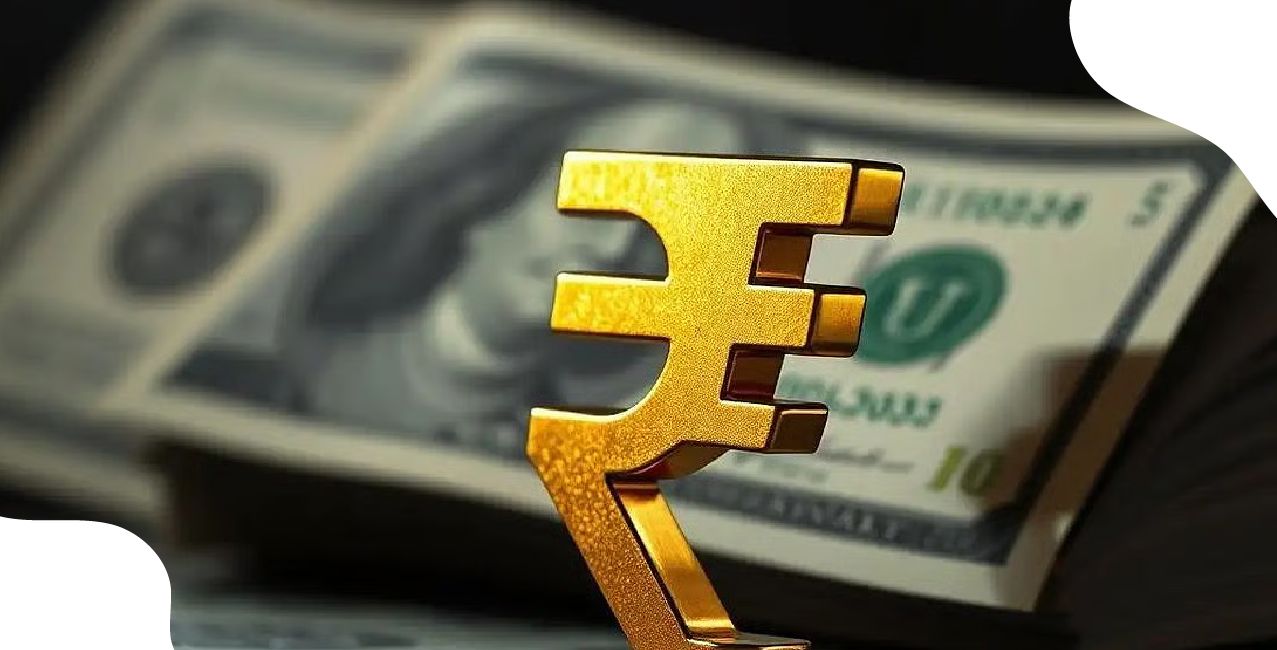
Will the Indian Rupee Stabilise in 2026 After a Volatile 2025?
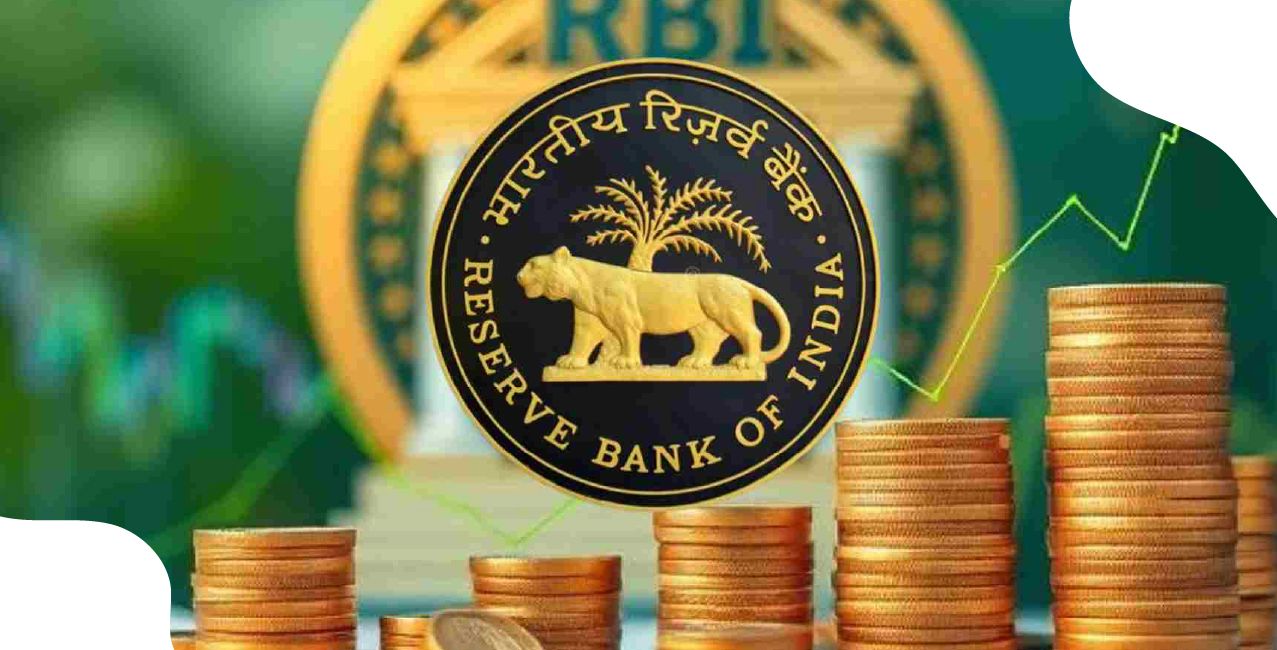
RBI Draft Rules Target Surprise Costs in Overseas Payments
Recent Blogs
All Topics
Contents
Quick Apply Loan
Consolidate your debts into one easy EMI.
Takes less than 2 minutes. No paperwork.
10 Lakhs+
Trusted Customers
2000 Cr+
Loans Disbursed
4.7/5
Google Reviews
20+
Banks & NBFCs Offers
Other services mentioned in this article
